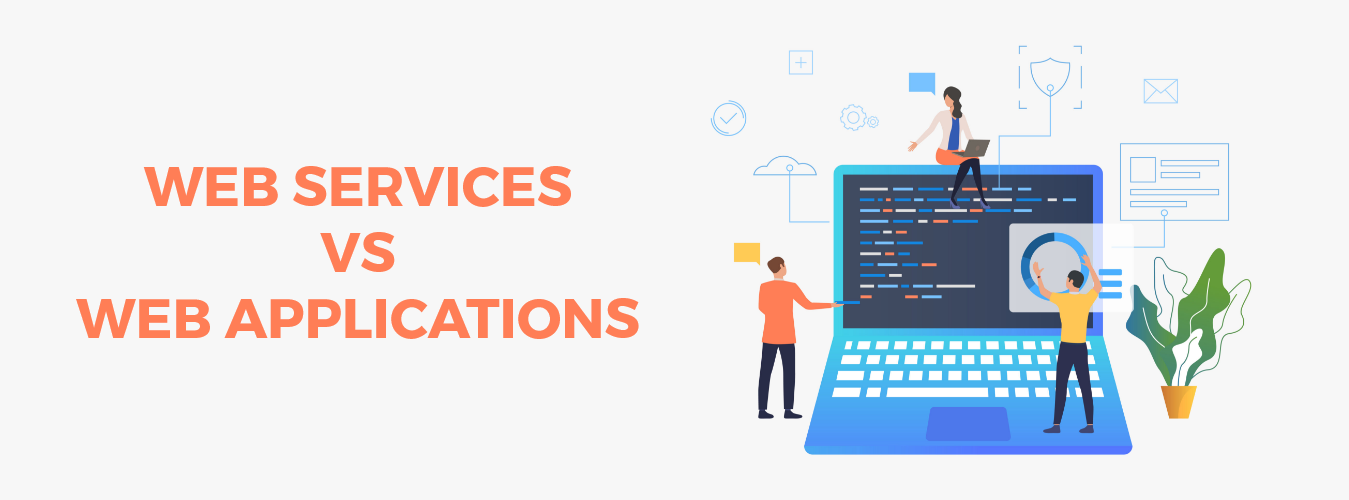Overview
If you’re reading this, you may be wondering which eCommerce platform is best for your company. After all, each has advantages and disadvantages. In this blog, you can read more about the distinctions between Magento and Shopify and the benefits each eCommerce platform can provide for your company. If you want to know Magento vs Shopify comparison and which is best for your company, keep reading.
Crafting Your Ideal Mobile App/Experience Starts Here!
Ready to elevate your business? Your custom app is just a click away.
Yes Let’s goMagento vs. Shopify Comparison
Pricing
Price is a crucial consideration when selecting a trolley. What percentage of your budget do you plan to invest in your shop? Which one provides a better price for you, Magento or Shopify? We’ll demonstrate the differences between Magento and Shopify’s price-setting procedures.
Magento
In actuality, Magento doesn’t call for a recurring payment. It costs nothing to download, install, and set up your shop on this site. To post your website, you must, however, pay for a domain and a hosting company. As a result, the cost of Magento can vary based on your choice. Additionally, you can consider including several integrations on your website to expand the possibilities of your shop. These applications can be purchased for up to $15,000 on the Magento App Market.
Shopify
Shopify’s cost is subscription-based, as opposed to Magento’s. For more details, you can choose from 5 price tiers, ranging from $39 to over $399 per month. Fortunately, this package covers the domain and hosting costs, so you won’t need to worry about doing so. Shopify provides a more reasonably priced selection of themes and website layouts; for more information. Shopify costs only $350 for the best website template on the market, while the highest price for a theme on Magento can reach $499. This website builder also requests information in a convoluted manner in order to determine transaction costs based on your subscription plan.
Themes
The first thing your consumers will notice when they visit your website is your online store’s theme. According to 48% of website users, a company’s website design plays a major role in establishing its credibility. In light of this, you should pick your template cautiously in order to establish credibility and create a positive first impression.
Shopify
Shopify, which received a score of 3.7/5 in our study on “design,” provides 10 free and 64 premium themes that range in price from $140 to $180 each (which is much cheaper than the average theme on Magento).
All of Shopify’s will still appear fantastic when viewed on a mobile or tablet because they are all mobile responsive. This is significant given that 79% of smartphone owners bought something online in the previous six months.
You can then go crazy with customization by adding new pages, altering the color scheme, moving and resizing components, incorporating social media feeds, and more once you’ve selected your Shopify theme. All of this is possible without writing a single word of code!
Magento
A ready-made theme typically costs $100, whereas bespoke themes can cost anywhere between $600 and $25,000. Naturally, only big companies with sizable resources should use custom themes.
Hosting
In relation to an Open Source version, if you purchase a Magento Commerce license, you have access to cloud hosting and pre-installed cloud features. You have a choice between using Microsoft Azure or Amazon Web Service, and as a result, you get the same built-in security, speed optimization, and managed cloud infrastructure benefits that any SaaS provider provides. Additionally, a CDN method is being used to prepare you for high-traffic times.
Shopify
Shopify takes care of all your hosting-related concerns as a hosted option. Both the hosting and the CMS with its features are paid for regularly. Shopify makes use of a Fastly-run CDN server platform. Simply put, this is a network of computers spread out over the globe. No matter which continent your customers are on, the system enables online stores to load quickly, according to the provider.
Magento
Because Magento is self-hosted, you are responsible for managing the server environment. The fact that you have a choice between something more powerful and something less expensive is a bonus. It is more economical because you can change your pricing plan at any moment without incurring additional costs if your traffic is lower than or higher than you anticipated.
Speed & Performance
In the modern business world, efficiency and speed are essential for sustaining competitiveness. Customer acquisition and retention depend on page performance. According to a Google survey, a delay of 1 to 3 seconds raises the likelihood of a bounce rate by 32%.
Let’s have a look at Magento vs Shopify performance, both Magento and Shopify have excellent performance and speed capabilities.
Magento
For speed and performance, Magento provides two modes.
- Magento open-source
- Magento commerce
gives you the freedom to choose server features that are appropriate for your company’s needs. Open-source software is available to those who want to create a shop from scratch. Cloud-based Magento Commerce is a complete option. Your shop can be hosted on the Magento cloud platform with Magento Commerce. As a result, third-party apps can be integrated seamlessly, giving you access to sophisticated premium features.
Shopify
Shopify’s module is distinct. You don’t have to be concerned about Shopify’s store performance or website loading times because it uses third-party hosting. During times of high demand, Shopify’s system speed determines how well your company will perform. The major drawback is that server tuning and optimization are largely out of your hands.
Apps and Add-ons
Shopify users have access to more than 100 distinct apps and add-ons. You can get excellent help from these apps and add-ons to extend and improve the online shop’s functionality. The Shopify app store’s ongoing expansion is yet another fantastic feature. As a result, you will have access to superior apps in the future.
Innovative apps that can be used for email marketing, accounting, and implementing loyalty programs for an online shop will be available to you. These apps have all been evaluated by experts. Therefore, by installing these applications, you can ensure you are not crashing the website’s functionality. When you activate these apps, you can remain stress-free.
Magento can also allow you to obtain some top-notch applications. There are more applications available because Magento is an open-source platform. More specifically, Magento provides more than 5,000 unique applications and add-ons. These applications and add-ons are being developed with direct human input.
Conclusion
What kind of hosting you choose depends on your company’s size. You can move using the Magento to Shopify migration extension if you are already using Shopify. You can move to WooCommerce by following the steps if you use Shopify. Shopify is a more beginner-friendly platform that functions best but has many limitations and only supports small businesses. On the other hand, Magento is the best choice for companies that plan to expand in the future despite having a somewhat complicated user interface. If still, you’re confused about both platforms you can consult with us. As a leading web apps development company, we will analyze your business, and we will suggest to you which platform is suitable for your business.
You may also like:
- How to Transfer Shopify Domain to Another Host
- Shopify Review: Is Shopify the Crown Jewel of The eCommerce World?
- How Can I Use Square With Shopify
- How To Integrate Shopify With WordPress?
- WooCommerce vs. Shopify – Which is superior, and why?
- How to Connect Shopify to WordPress and Boost Sales
Crafting Your Ideal Mobile App/Experience Starts Here!
Ready to elevate your business? Your custom app is just a click away.
Yes Let’s go







